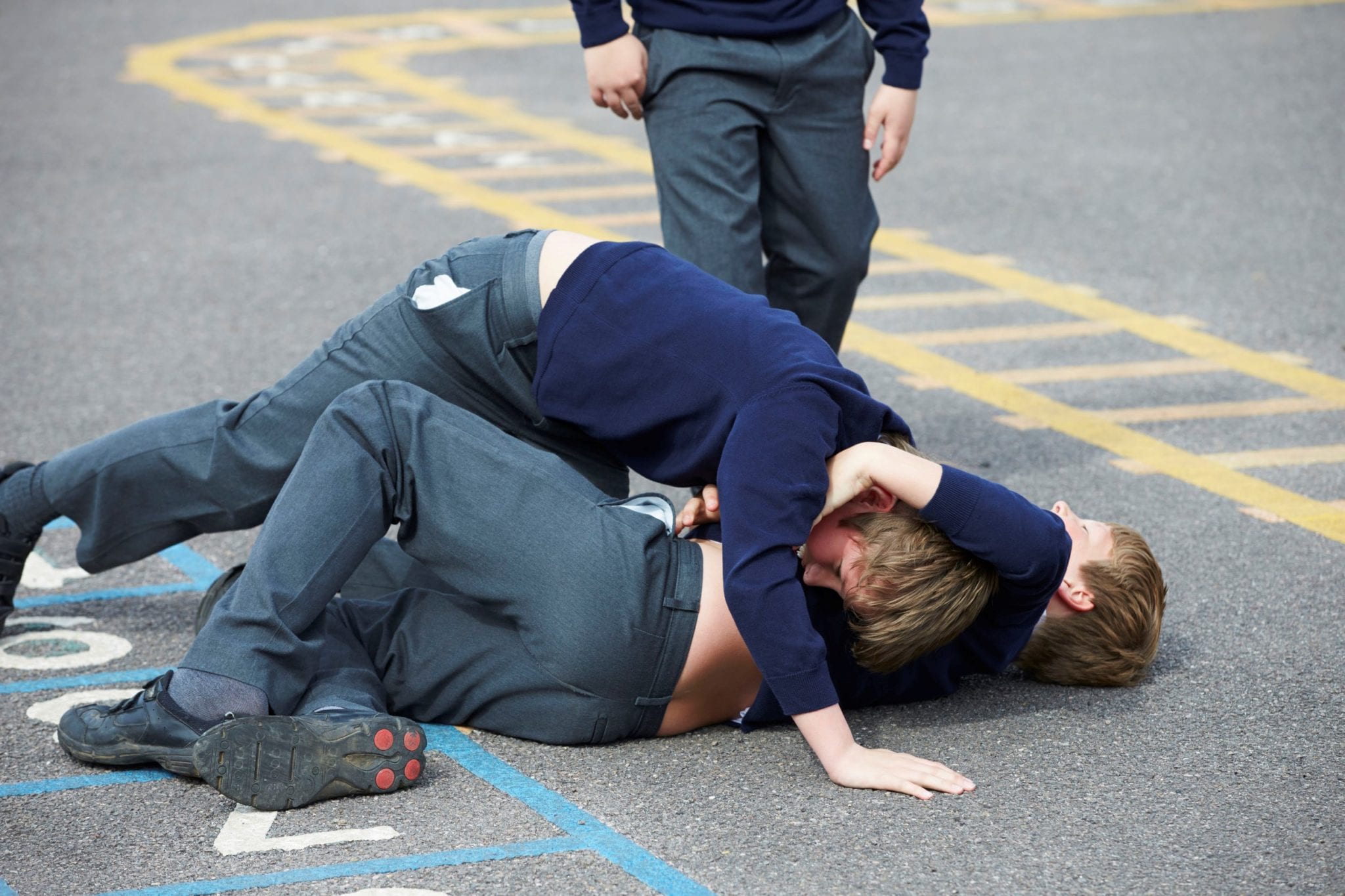Not all crimes are the same. A crime that involves a specific victim or the presence of dangerous weapons may be considered more serious than a crime without either of those things.
The factors in each case can make a big difference in the actual charge and the sentence that is recommended if an individual is convicted. Factors that make a crime more serious are called “aggravating” factors. Factors that make a crime less serious are called “mitigating” factors.
There are a few different types of violent crimes in North Carolina. While many people have heard the term “assault and battery” before, this term actually refers to two different crimes. Each of these crimes also has different charges based on the aggravating factors.
Battery, for example, can be charged as simple battery or aggravated battery. North Carolina law defines battery as using physical contact to inflict harm on another person.
We have mentioned in a previous post that assault only refers to the act of threatening someone, and does not require actual contact for charges to be pressed. Battery or assault and battery charges are a step up from assault. This distinction is important to know. The definitions of assault and battery are not the same in every state.
Simple assault and battery charges start at a class 2 misdemeanor. Penalties include up to 30 days in jail and up to $1,000 in fines. Jail time may be increased to 60 days if the defendant has previous assault and battery convictions on their record.
Aggravated battery charges may include the following factors:
- Serious injury is inflicted on the victim
- A deadly weapon is used
- Sexual contact or physical contact is committed against the victim’s will
- Battery is committed against a woman (by an adult male) or children under the age of 12
- Battery is committed against state employees, state officers, public transit operators, or campus or security officers while they are performing their job
- Battery is committed against school employees or volunteers who are on school property, a school event, or transporting children to or from school

Additional sentencing guidelines are put in place for individuals who inflict harm on a spouse, partner, roommate, or family member. This crime is called domestic violence, and is also considered an A1 misdemeanor. A first offense may bring jail time, but if probation is assigned, it must be supervised probation. A second offense warrants at least 30 days behind bars. Consequences may also include a restraining order and the loss of your right to own firearms.
Defending Aggravated Battery Crimes
If you are faced with aggravated battery crimes, you have many defense strategy options. Even if you do not believe you can get your charges dropped, you may be able to focus on fighting specific elements of the case that can help to reduce the charge from aggravated to simple battery, which will result in less jail time if you are convicted.
Each case is different, and defense strategies should be chosen with the help of a North Carolina criminal defense lawyer.
About the Author:
Jan Elliott Pritchett is Managing Partner at the Law Firm of Schlosser & Pritchett and one of North Carolina’s top rated criminal defense attorneys. With a practice dedicated 100% to litigation, Mr. Pritchett protects the legal rights of clients who have been charged in federal and state criminal matters, as well as DUI/DWi, motor vehicle accidents, personal injury, and traffic violations. In practice since 1995, Mr. Pritchett has earned a reputation as a highly talented and fearless lawyer, being listed among the state’s “Legal Elite” and recognized as one of the Top 100 DWI Lawyers in North Carolina by the National Advocacy of DUI Defense. He currently serves as the Co-Chairman of the North Carolina State Board of Legal Specialization, Criminal Law Specialty, and Vice-Chairman of the North Carolina Bar Association, Criminal Justice Section.








